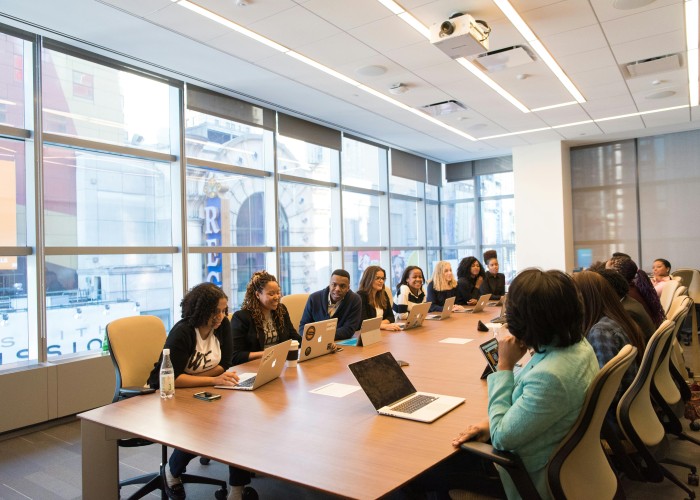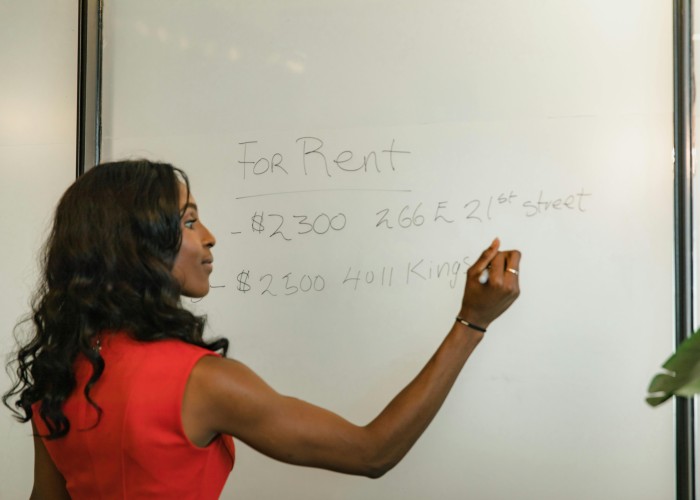Visit Our In-Demand General Blog
Visit Our In-Demand Tour & Travel Blog
Let’s continue to the blog..
When it comes to finding a place to live, one of the biggest financial questions people face is whether to rent or buy a home. This debate has been around for decades, and the answer is not the same for everyone. It depends on income, savings, lifestyle preferences, and long-term goals. For some, renting offers flexibility and fewer responsibilities, while for others, buying is the ultimate path to stability and building wealth. Renting vs Buying a Home.
In this blog, we will break down the key factors that influence the decision between renting and buying, look at the pros and cons of each option, and help you think through what might be right for you.
Why the Rent vs Buy Debate Matters
Housing is not just about having a roof over your head. It’s also one of the biggest financial commitments people make. A home is often the largest expense in a household budget, whether you are paying monthly rent or making mortgage payments.
Renting or buying can affect:
- Your long-term financial stability
- The amount of flexibility you have in life choices
- Your ability to save and invest elsewhere
- Your sense of security and belonging
Because of this, making the right choice matters—not just for your wallet, but also for your lifestyle. Renting vs Buying a Home.
The Case for Renting
Renting a home can be appealing for many reasons. Here are some key benefits:
1. Flexibility and Mobility
If your career requires frequent moves or you simply enjoy living in different places, renting is the better option. Ending a lease is usually much easier than selling a home.
2. Lower Upfront Costs
Buying a home typically requires a down payment, closing costs, and other fees. Renting usually only requires a security deposit and maybe the first and last month’s rent.
3. Fewer Maintenance Responsibilities
When you rent, the landlord is usually responsible for repairs and property upkeep. From fixing a leaky faucet to replacing a roof, you don’t have to worry about unexpected costs.
4. Predictable Monthly Expenses
Renters generally have fixed monthly housing costs. While rent may increase when a lease renews, it’s more straightforward than the surprise expenses homeowners sometimes face.
When Renting Makes Sense:
- You are just starting out in your career
- You don’t plan to stay in the same city for long
- You want to keep your savings liquid for other investments
The Case for Buying
Buying a home is often seen as part of the “American Dream.” It comes with both financial and emotional rewards. Renting vs Buying a Home.
1. Building Equity
Every mortgage payment you make helps you build ownership in your home. Over time, this equity can grow, giving you financial security.
2. Stability and Control
Owning means you don’t have to worry about landlords raising rent or asking you to move. You have full control over renovations, design, and how long you stay.
3. Long-Term Investment
Real estate has historically appreciated in value over time, especially in desirable locations. Buying can be a way to grow wealth for the future.
4. Tax Benefits
Homeowners in the U.S. often qualify for tax deductions on mortgage interest and property taxes, which can help offset the cost of ownership.
When Buying Makes Sense:
- You plan to stay in the same area for many years
- You have enough savings for a down payment and emergencies
- You want to build long-term financial stability
Renting vs Buying: Financial Comparison
Let’s look at how renting and buying compare financially.
Renting
- Lower upfront costs
- Predictable monthly expenses
- No return on investment (rent money doesn’t build equity)
Buying
- Higher upfront costs (down payment, closing fees)
- Potential for rising or falling property value
- Builds equity and potential wealth over time
One key factor to remember is that buying is not always cheaper than renting in the short term. However, in the long term, buying often becomes more cost-effective as mortgage payments remain fixed while rents rise.
Lifestyle Considerations
Finances are not the only factor in the rent vs buy decision. Lifestyle matters too.
- Flexibility vs Stability: Renting gives freedom to move easily. Buying provides stability and permanence.
- Responsibility vs Convenience: Homeownership comes with maintenance responsibilities, while renting leaves that to the landlord.
- Community Ties: Owning a home often strengthens roots in a community, while renting allows for more mobility.
Common Misconceptions
1. Buying is Always Better
While buying can be a smart investment, it’s not always the best choice. If you can’t commit to staying in one place for at least 5–7 years, renting may be wiser.
2. Renting is Throwing Money Away
Many people argue that renting has no return on investment. While it’s true that rent doesn’t build equity, it buys you flexibility, convenience, and freedom from maintenance costs.
3. You Must Buy to Build Wealth
Building wealth doesn’t always require homeownership. Some people choose to rent and invest their savings in stocks, businesses, or other opportunities instead.
Key Factors to Consider Before Deciding
When choosing between renting and buying, ask yourself:
- How long do I plan to live in this location?
- Do I have enough savings for a down payment and emergencies?
- What does my monthly budget look like?
- Am I ready for the responsibilities of homeownership?
- Do I value flexibility or stability more right now?
Answering these questions can help you make a decision that aligns with both your financial situation and lifestyle.
FAQs on Renting vs Buying a Home
1. Is it cheaper to rent or buy in the USA?
It depends on the location. In some cities, renting is much cheaper than buying, while in others, mortgage payments may be similar or even less than rent.
2. How long should I plan to stay in a home before buying?
Experts often suggest staying at least 5–7 years to make buying financially worthwhile.
3. What are the risks of buying a home?
Risks include falling property values, unexpected maintenance costs, and difficulty selling if you need to move quickly.
4. Can renting ever be the smarter financial choice?
Yes. If you prioritize mobility, have limited savings, or expect changes in your life or career soon, renting can make more sense.
5. Does buying always build wealth?
Not always. It depends on property value trends, mortgage terms, and how long you stay in the home.
Conclusion: Which Makes More Sense?
There is no one-size-fits-all answer to the rent vs buy debate. Renting may be the smarter choice for those who value flexibility and lower upfront costs, while buying may be better for those ready for stability and long-term investment.






Leave a Reply